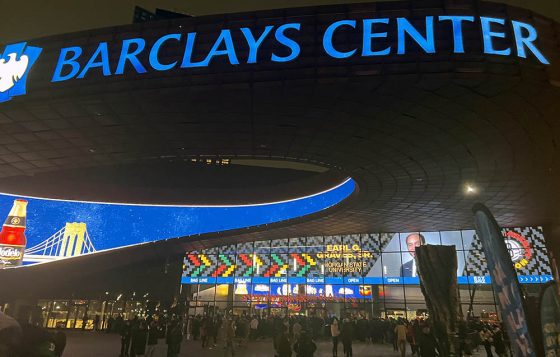
In BFF 2021 juried competition program, 71 percent of the films were directed by women, 75 percent by people representing BIPOC or API, and 33 percent by people of the LGBTQIA+ community. Seventy percent of the films were written by women, 70 percent by BIPOC or API, 32 percent by people of the LGBTQIA+ community and 87 percent featured a female lead, 81 percent a BIPOC or API lead, and 30 percent an LGBTQIA+ lead.
Ninety-six percent of these films had a cast and crew that was made up of more than half of people from these same communities.
Read more →




